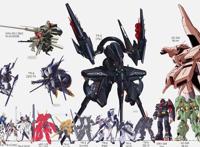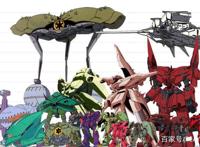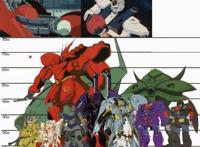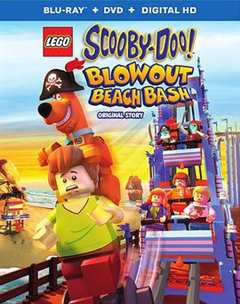高中英语新旧教材不同观点比较(8)
2023-06-03 来源:旧番剧
They spend a lot of money on advertising.(《朗文当代英语词典》1993最新修订版)He spends a lot of money on(in) entertaining friends.(《现代英语用法词典》重排本,张道真)
He has spent a fortune on improving his property.(同上)
The boss spends some money on entertaining the workers every year.(《英语惯用法大词典》,王福祯,徐达山)
He spent half a year on writing a short play.(同上)
另外,spent (money)后的介词还可以是for/in 名词,或接动词不定式。例如:
to spend $4,000 for/on a new car(《朗文英汉双解活用词典》)
The girl spent ten yuan in a cassette of music.(《英语惯用法大词典》,王福祯,徐达山)
He spent five yuan in two tins of coca-cola on his journey.(同上)
The company spends a large sum of money to make advertisements every year.(同上)
七、Nice to meet you可用于分手时的道别
旧观点:Nice to meet you用于见面时的问候,Nice meeting/to have met you用于分手时的道别。
新观点:除Nice meeting you,Nice to have met you可用于分手时的道别外,Nice to meet you也可用于分手时的道别,此时Nice to meet you为It was nice to meet you.之略。例如 1.Well,it"s getting late.I must be off now.Nice to meet you.(SEFC 1A P.1)
2.A:Please excuse me,but I really have to be going. B:Yes,of course.It was nice to see you.
猜你喜欢
动漫推荐
免责声明:动漫番剧数据来源网络!本站不收费,无vip,请勿上当!
www.jiufanju.com-旧番剧


























